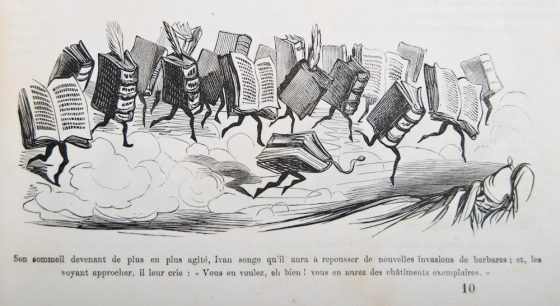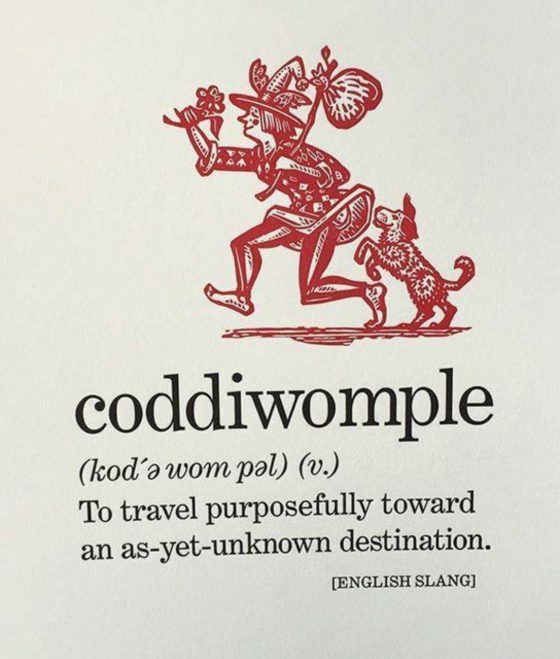
We are quickly falling into Fall. Warm sweaters, blankets, and books. But why bother with books when there is so much other entertainment around? Netflicks, HBOs, Amazons of the world are eager to grab hold of our eyeballs and never let go. It’s great for their bottom line. In 2017, the American Time Use Survey (Bureau of Labor Statistics) said that according to their survey, the number of Americans who read for pleasure had dropped by 30% since 2003. Who has the time, right? I hear that a lot too. “I’d read, but I have kids…I commute…I work long hours…I read at work…” There are many excuses. The one that most people don’t typically mention is that it is much easier to plump on a couch and watch something on TV or to simply play on one’s cell phone (for those who no longer own a TV). But reading is an active activity, while watching videos is passive. Cognitively, that makes a huge difference. Consider a piano. About 100 years ago, most households in America (middle class) had a piano in their parlor. Everyone learned to play a little bit. People could read music and play it off a sheet.…



